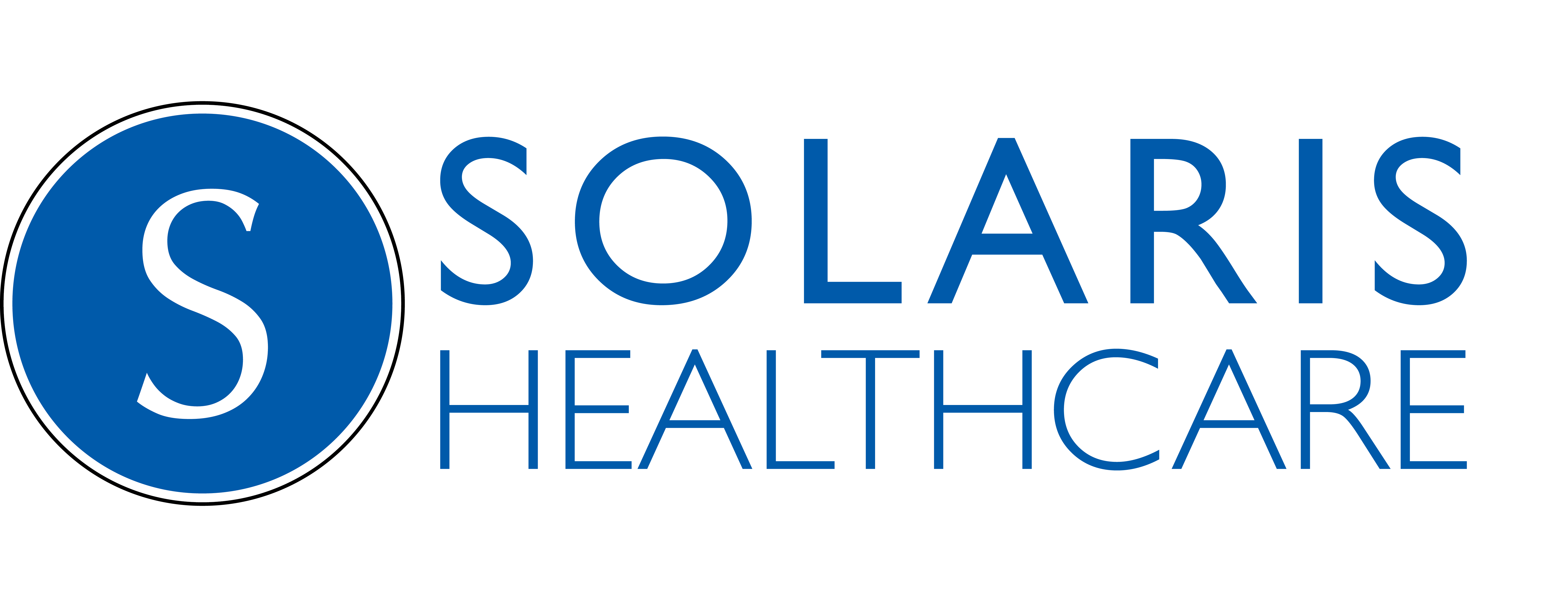How to Know When It’s Time for Hospice Care: A Guide for Families and Caregivers
Recognizing the Signs and Making Informed Decisions for Compassionate End-of-Life Care

Deciding to transition a loved one to hospice care is a deeply personal and often challenging decision. Many families and caregivers are unsure of when hospice care might be appropriate, or they may feel uncertain about what hospice care entails. However, hospice care can provide immense comfort and support, focusing on quality of life, pain management, and emotional support when curative treatments are no longer effective or desired.
At Solaris Healthcare, we believe that understanding the signs can help families make informed decisions that honor their loved one’s wishes and provide a compassionate approach to end-of-life care. Here are some key indicators that may signal it’s time to consider hospice care.
1. Progressive Decline in Health Despite Treatment
One of the main indicators that hospice care may be beneficial is a progressive decline in health, even with ongoing medical treatment. When treatments are no longer providing relief or improving the patient’s condition, hospice care offers a compassionate alternative that shifts the focus from cure to comfort. This allows patients to experience relief from symptoms and spend quality time with family and friends.
Signs may Include:
- Frequent hospitalizations or emergency room visits
- Decreased response to treatments
- Noticeable physical or cogniative decline
2. Increasing Need for Symptom and Pain Management
Chronic pain, shortness of breath, nausea, fatigue, and other distressing symptoms often increase in the later stages of a serious illness. Hospice care provides specialized symptom management that helps relieve pain and discomfort. This approach enables patients to live their final days with as much comfort and dignity as possible, surrounded by loved ones.
Symptoms that may indicate a need for hospice care include:
- Severe, unmanageable pain
- Difficulty breathing or chronic respiratory distress
- Persistent nausea or vomiting that interferes with daily life
- Increasing fatigue or weakness
4. Emotional and Psychological Readiness for Hospice Care
Deciding to start hospice care is as much an emotional choice as it is a medical one. Many patients, especially those with a terminal diagnosis, may reach a point where they prefer to focus on comfort rather than pursuing aggressive treatments. Recognizing when a loved one is emotionally ready to transition to hospice care is essential, as it ensures their wishes are respected.
Signs of emotional readiness may include:
- Expressing a desire to stop treatments
- Wishing to spend quality time with family and friends at home
- Feeling exhausted by the physical and emotional toll of treatments
5. Physician Recommendation
As healthcare continues to evolve, home health care remains an essential service that promotes both well-being and independence. Advances in telehealth and remote monitoring are enhancing the capabilities of home health professionals, allowing them to provide even more comprehensive care directly at home. At Solaris Healthcare, we’re committed to staying at the forefront of these innovations, ensuring that our patients receive the highest standard of care.
The Benefits of Choosing Hospice Care Early
Opting for hospice care sooner rather than later allows patients and families to benefit from a wide range of services. Hospice care includes not only pain and symptom management but also emotional, spiritual, and social support, providing a holistic approach to end-of-life care. Families receive guidance, counseling, and resources to help them navigate this journey, making the experience more peaceful and manageable.
Knowing when it’s time for hospice care can be difficult, but understanding the signs can help you make a compassionate and informed decision for your loved one. At Solaris Healthcare, we’re here to provide support every step of the way, offering care that prioritizes comfort, dignity, and peace.
If you’d like to learn more about hospice care or discuss options for your loved one, please don’t hesitate to reach out to our team. We are here to help you make the choice that’s right for you and your family.
Share:
Search Resources
ADDITIONAL RESOURCES
LEARN ABOUT OUR CARE SERVICES:
PALLIATIVE CARE →
INDUSTRY TRUSTED




